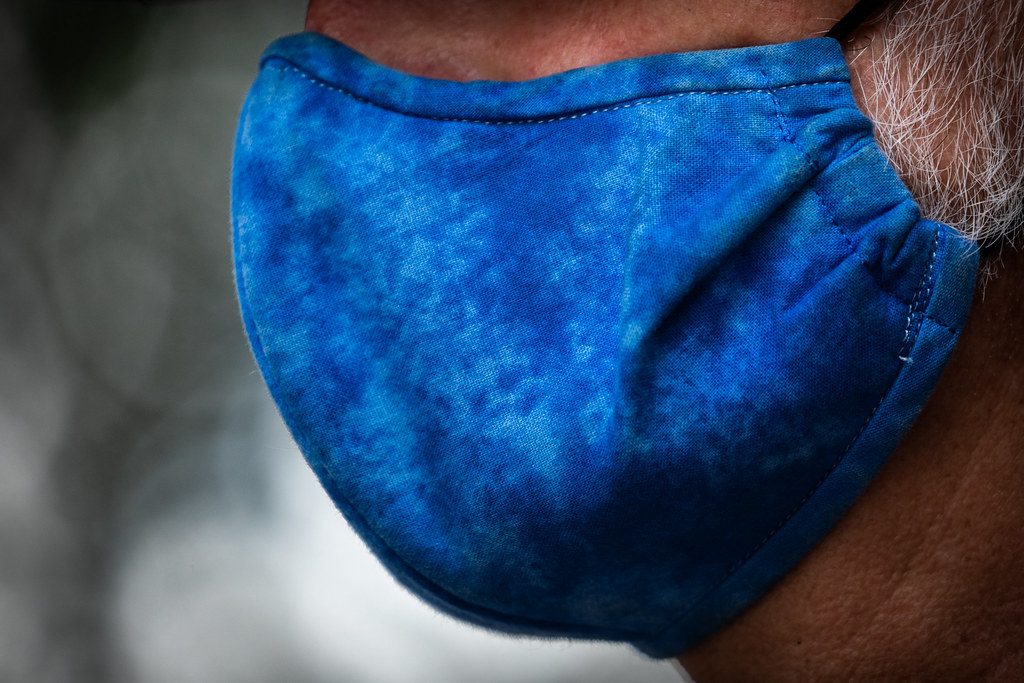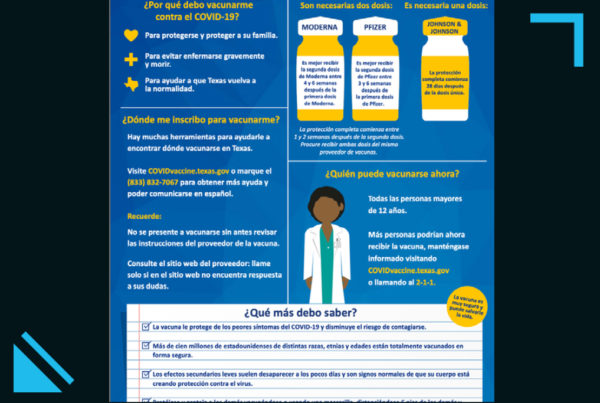Face masks are still an important part of COVID-19 precautions, even for many vaccinated people because of the spread of the delta variant of COVID-19. The Centers for Disease Control and Prevention recommends mask-wearing for all unvaccinated people in indoor, public settings, and for all vaccinated people when they’re indoors in areas with high transmission rates of COVID-19 – that’s pretty much all of Texas right now.
But not all masks are created equal. As we learn more about the new coronavirus and how it changes and spreads, researchers are also learning about how different kinds of face masks can protect people from the virus in different situations. Textiles expert and Texas Tech University professor, Seshadri Ramkumar, has been researching personal protective equipment since 1999 in his Nonwoven Advanced Materials Laboratory. When the pandemic was certain to reach Texas, back in February 2020, Ramkumar and his team ramped up their face mask research.
N95 masks are great, but “three-ply” masks are good for everyday use:
Ramkumar says N95 masks are the “gold standard,” but they aren’t necessary for everyday protection from the delta variant. They’re best for people working closely with COVID-19 patients. He says the triple-layer or “three-ply” masks that are widely available – masks that are often blue with white earloops, and found at most retail stores – are sufficient to block most particles, including the coronavirus.
“We are testing about 11 to 12 types that are available in Lubbock local stores, and we have found, on an average, these could filter anywhere between 85% to 90% of particles, which are more or less the size of these coronavirus[es],” Ramkumar said.
Plus, he says three-ply synthetic masks are cheap, at only about 13 cents apiece.
How does he test mask efficacy?
Ramkumar’s lab has special equipment that can replicate particles of various sizes, including the size of the coronavirus. Then, researchers can expose a face mask to those particles in a simulated real-world setting to see how well it blocks or filters out those particles.
“We have one of the top-notch instrumentation particle filtration testers that can generate particles ranging from 30 nanometers to 400 nanometers. So we can simulate these particle sizes in an aerosolized set-up because the coronavirus gets transmitted in an aerosolized form,” he said.
Is my cloth mask still useful?
A single-layer cloth mask made from a T-shirt, for example, will not offer the same protection as commercially available or multilayer masks, Ramkumar says. But that doesn’t mean cloth masks aren’t useful. Stores do sell multilayer cloth masks, and some even include a filtration layer that Ramkumar says is also important for blocking the coronavirus.
What should I look for when buying a cloth or synthetic mask?
– Filtration: Look for masks with filtration layers that help block coronavirus particles. You can even insert a paper filter into a two-layer cotton mask if you prefer to wear a more DIY version.
– Good fit: Masks should cover your mouth and nostrils.
– Good form: Find a mask that is comfortable to wear, so you actually wear it! That can mean finding one with a fabric that doesn’t irritate your skin, for example.















